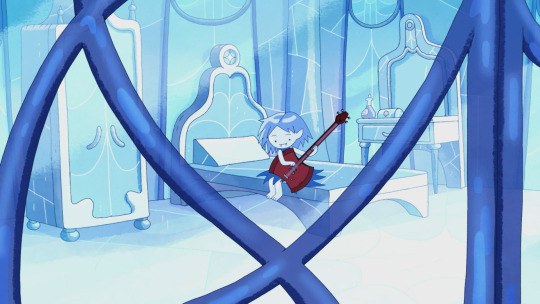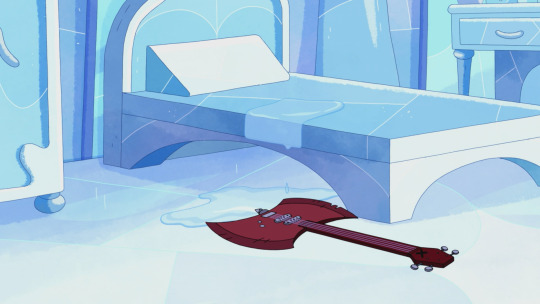#is the implication that Ice King took her out with all of the other mutated people?
Explore tagged Tumblr posts
Text
WHAT HAPPENED TO THE ORIGINAL MARCELINE OF THE WINTER KING'S UNIVERSE!? 😨




Is the implication that Ice King took her out with all of the other oozers or did the oozers end up killing her?? Either way, it seems that this Simon was not coping well with any of what was going on in his life. Living a life of hypocrisy & ruling a false kingdom.
#is the implication that Ice King took her out with all of the other mutated people?#or did the mutated people end up taking her out?#right as he was talking about making an ice Betty as being 'unethical;' but he had ice Marceline hidden away in his castle#there was nothing ethical about the Winter King's methods; though I'm curious about how he learned to cast a spell to project the madness#of the crown specifically onto this universe's PB?? I wanna know more about that & I wonder if a similar method will be how Fionna & Cake's#reality gets saved? Maybe! 👀#mine#op#marceline abadeer#winter king#marceline the vampire queen#adventure time fionna & cake#adventure time#adventure time fionna and cake#adventure time spoilers#atimers#ice king#ice simon#simon petrikov#fionna and cake
5K notes
·
View notes